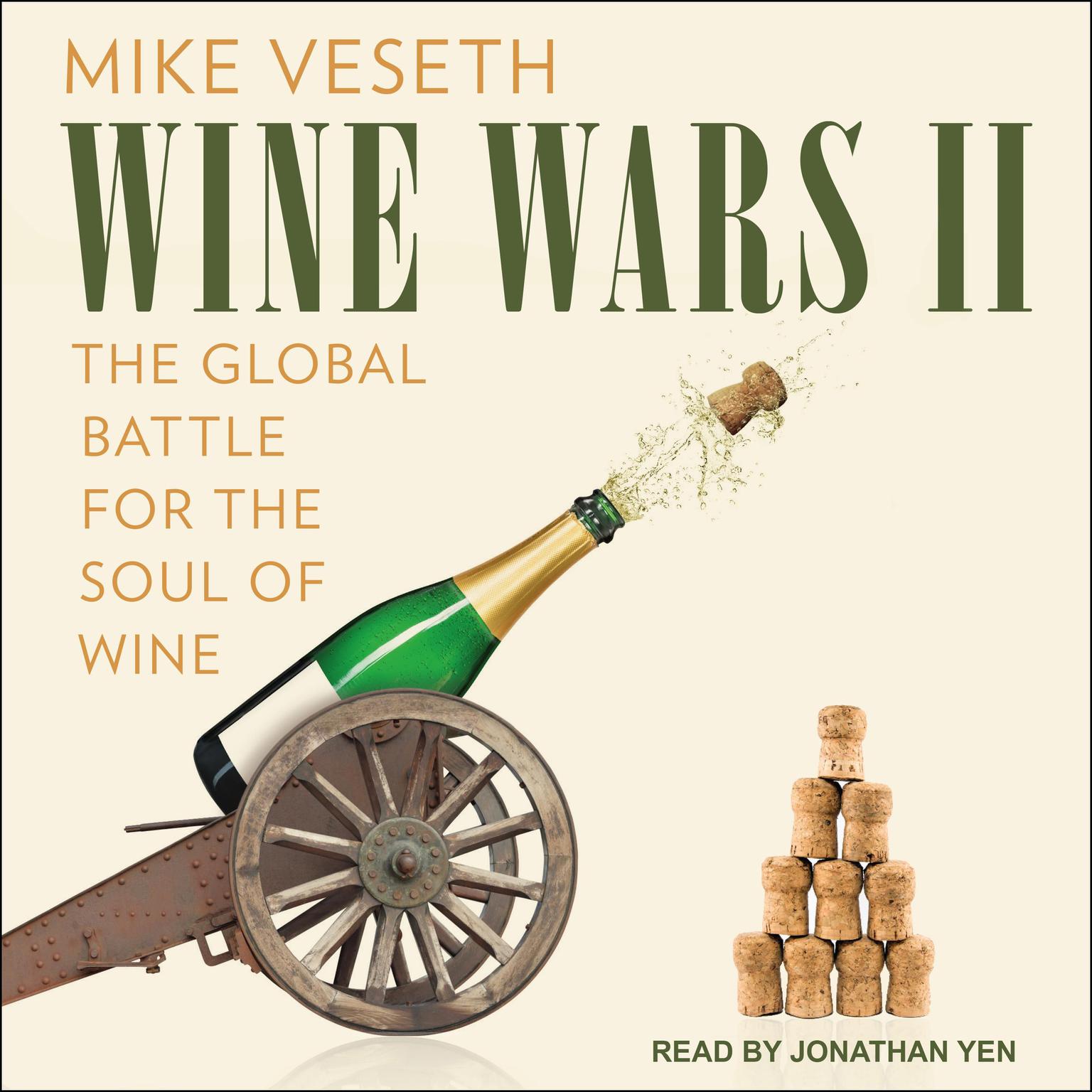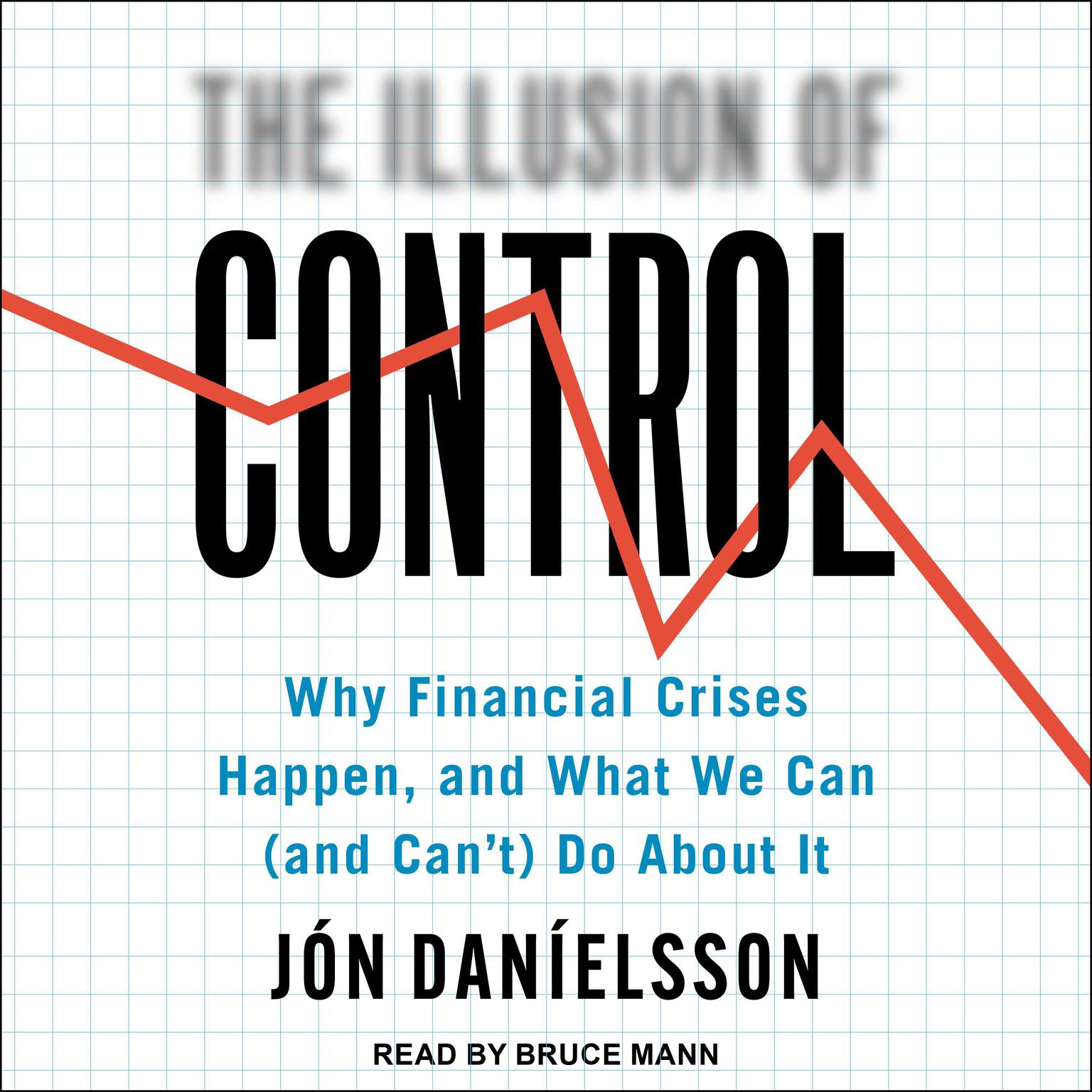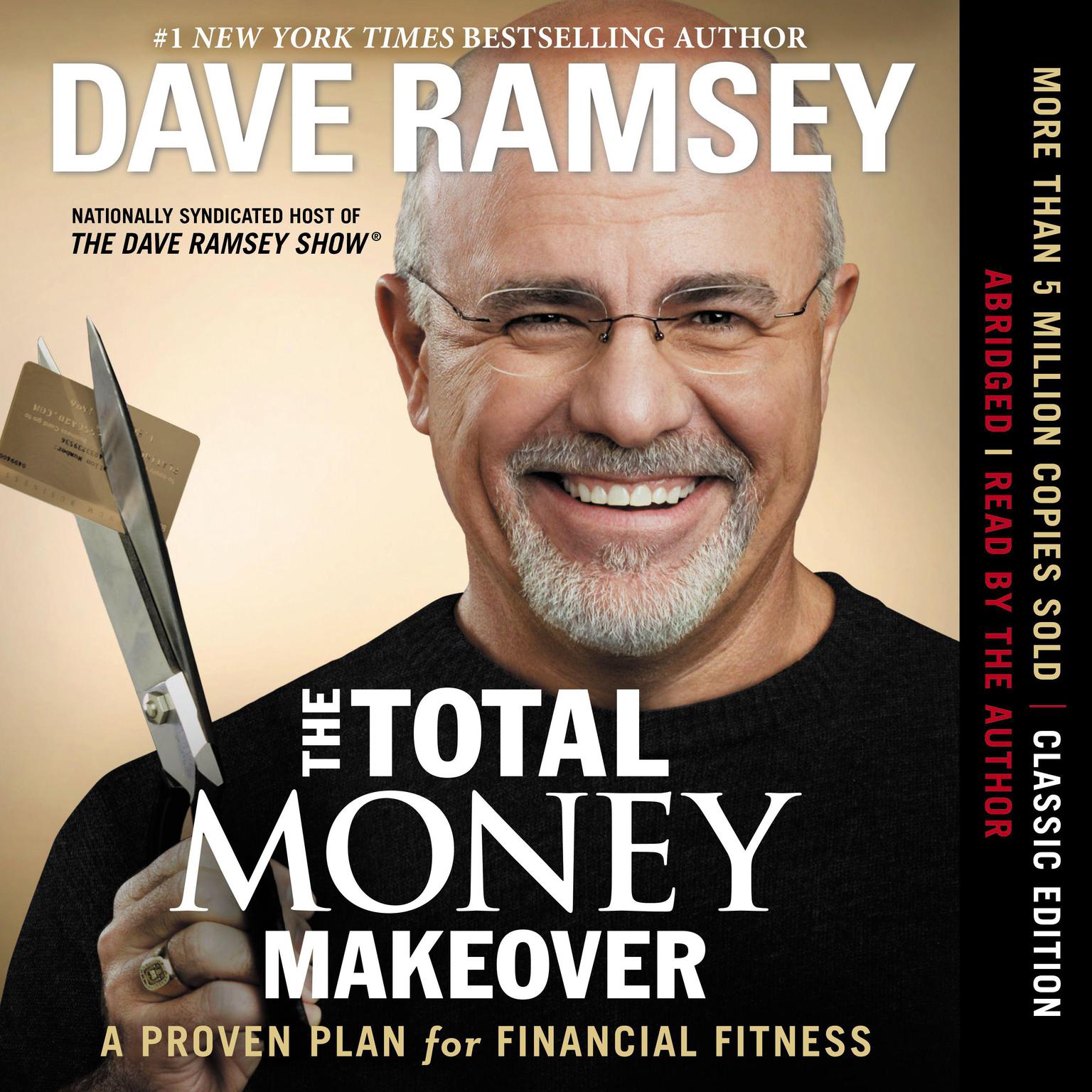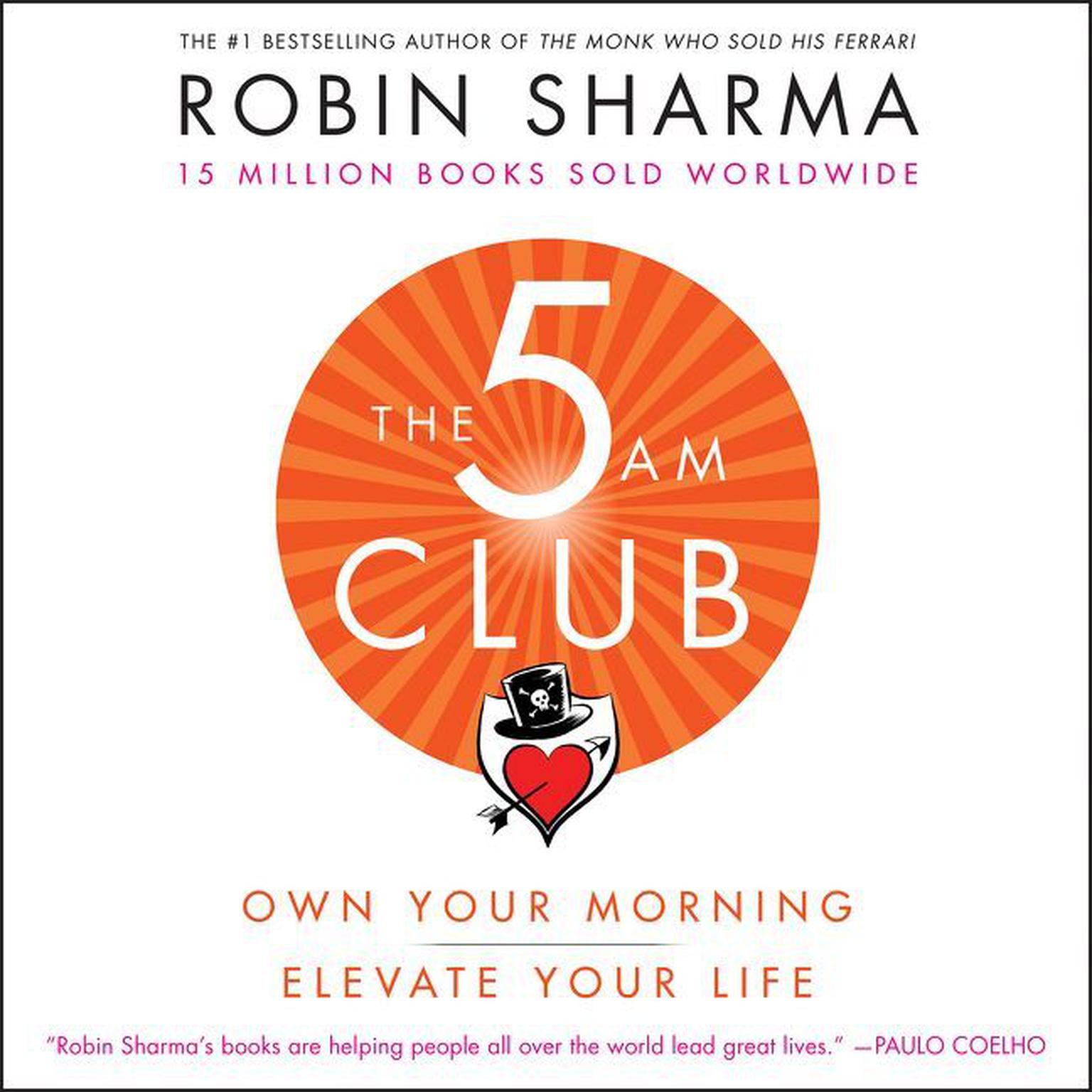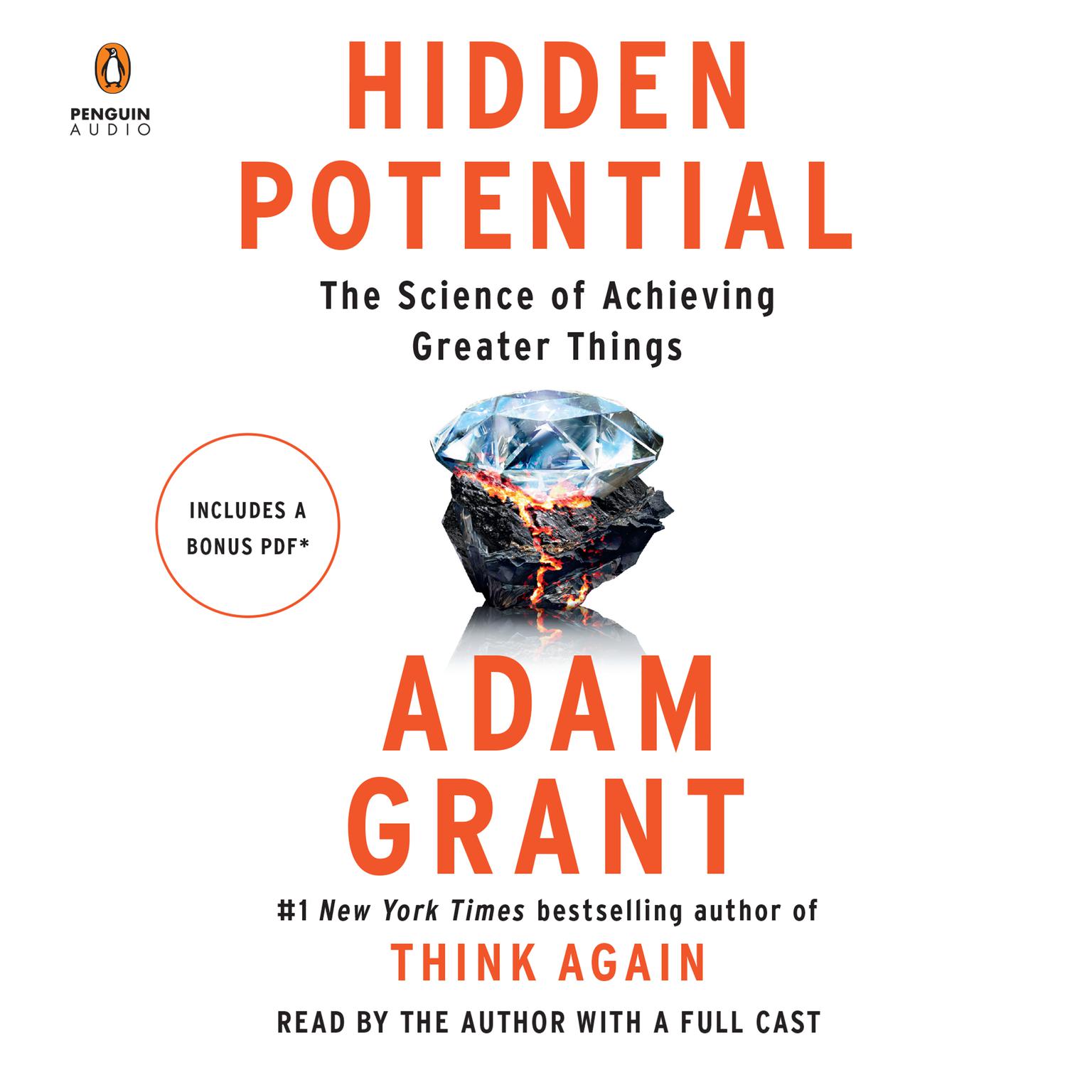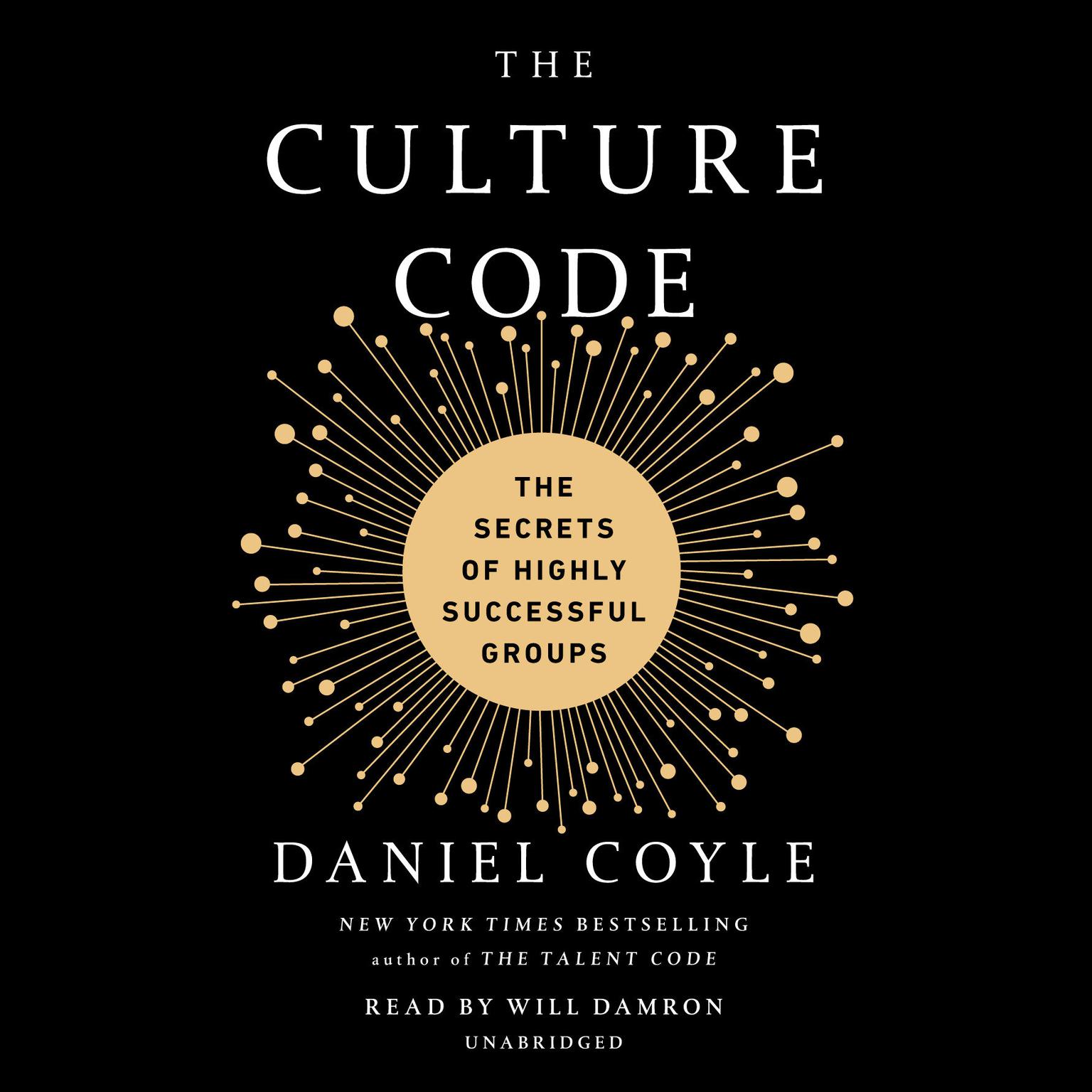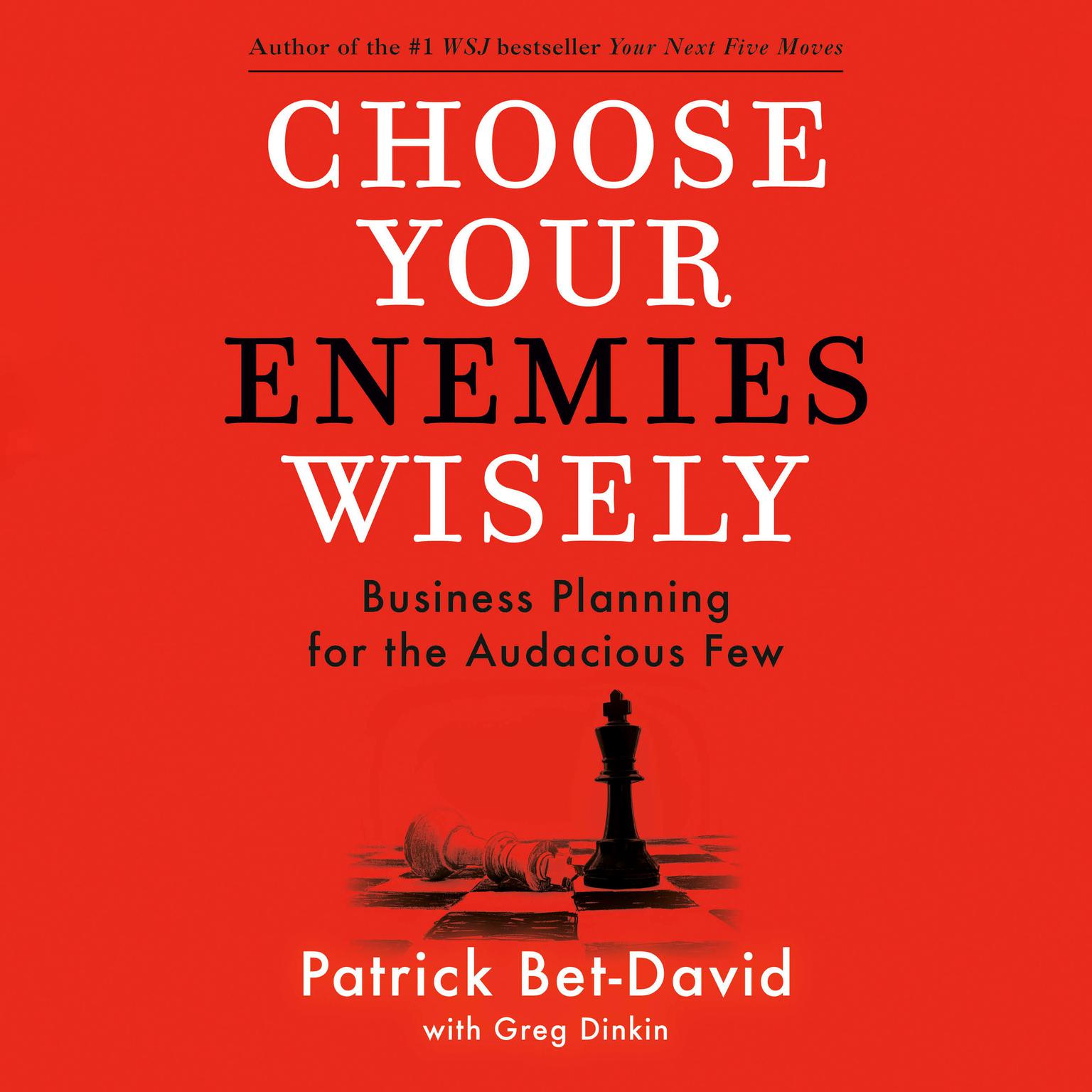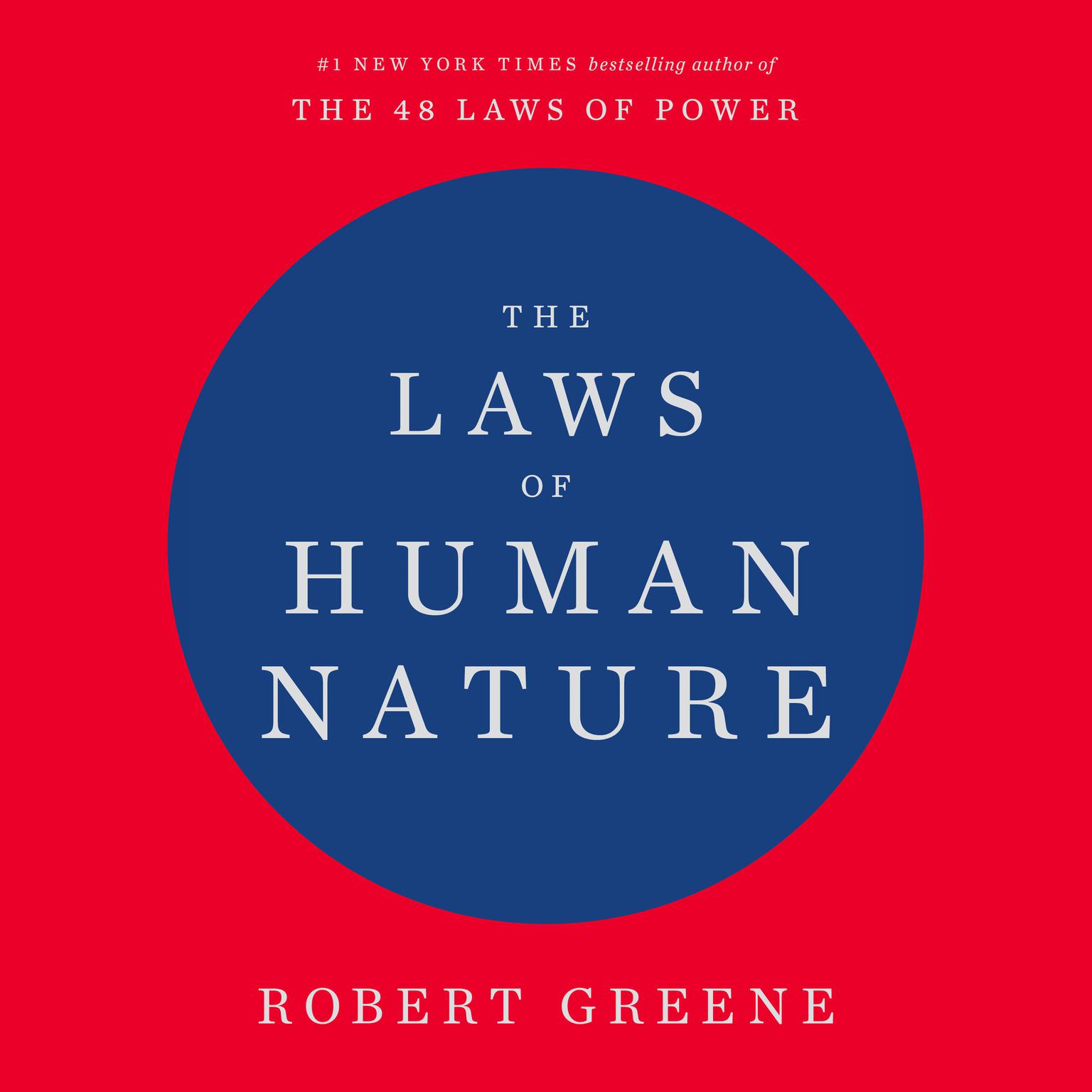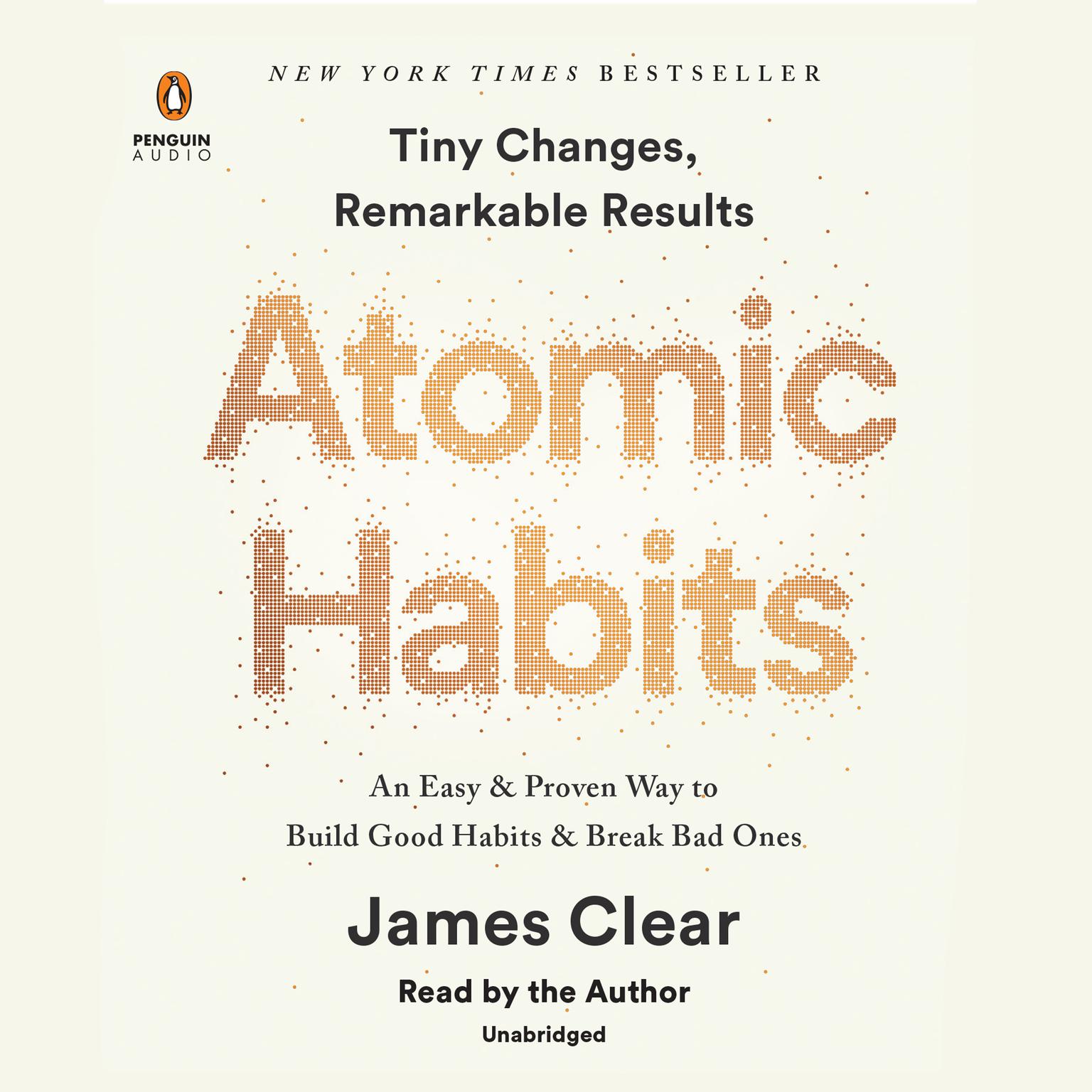Publisher Description
A revealing investigation of the secret, tangled emotional relationships people have with things—drawing on cutting-edge findings from the fields of psychology, neuroscience, and marketing.
Books, baseball cards, ceramic figurines, art, iPhones, clothing, cars, music, dolls, furniture, and even nature itself. If you’re like most people, at some point in your life you’ve found yourself indulging in a love affair with some thing that brings you immense joy, comfort, or fulfillment. Why is it that we so often feel intense passion for objects? What does this tendency tell us about ourselves and our society?
In The Things We Love, Dr. Aaron Ahuvia presents astonishing discoveries that prove we are far less “rational” than we think when it comes to our possessions and hobbies. In fact, we have passionate relationships with the things we love, and these relationships are driven by influences deep within our culture and our biology. Some of our passions are sudden, obsessive, and fleeting; others are devoted and lifelong affairs. Some turn dark: we become hoarders, or would prefer to destroy certain objects rather than let anyone else own them. And as technology improves, becoming increasingly addictive, one wonders: might our lives become so dominated by our emotional ties to things that we lose interest in other people?
Packed with fascinating case studies, scientific analysis, and takeaways for living in a modern and ever-so-material world, The Things We Love offers a truly original and insightful look into our love for inanimate objects — and how better understanding these relationships can enrich and improve our lives.
Download and start listening now!
I read this book with great interest and found it extremely well written, entertaining, and well grounded in research. Aaron Ahuvia gives us a fascinating, rich, lively and yet profound insight on how we can fall in love with the world and bring a sense of fulfillment in our life. How the love of nature, among others, can generate a sense of wonderment and respect. As a Buddhist, I was particularly interested in his discussions of how craving for things that we don’t need, which modern marketing makes us desire, often leads to entanglement in further craving and may end up in an environmental disaster.
—
Matthieu Ricard, author of A Plea for the Animals

